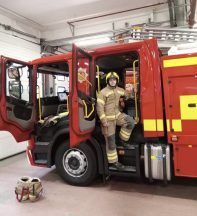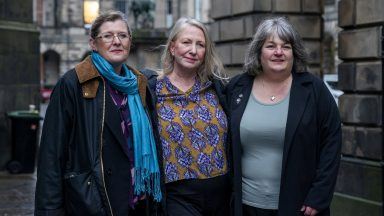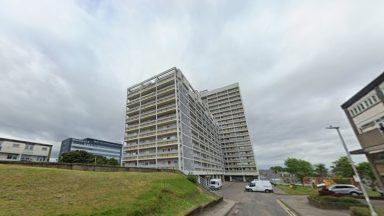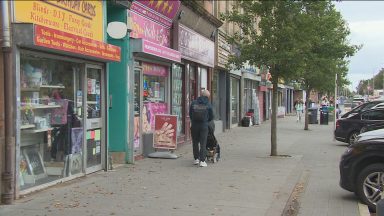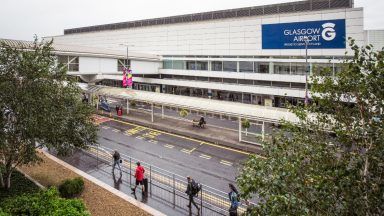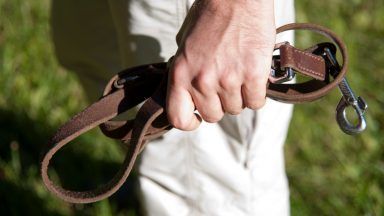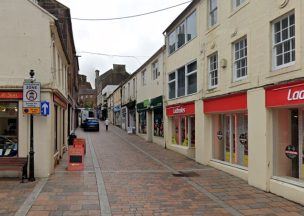Councillors have refused planning permission for a £50m eco-therapy village after the tightest of votes.
East Ayrshire Council’s planning committee was split six votes apiece after a hearing about the Barony Wellness Eco-Park project on Friday morning.
The proposed development would feature a range of facilities such as visitor accommodation, activity zone, yoga terrace and dance studio, cafe, spa and a “productive landscapes hub” with a variety of workshops and venues on the site of the former Barony Colliery adjacent to the Barony A-Frame, outside Auchinleck.
Senior planning officer Mhairi Douglas had recommended the application for planning in principle be refused due to the potential impact on the “re-wilded” former colliery site, the risk to protected and rare wildlife in the area and the lack of information as to the suitability and stability of the coal bing that forms much of the site.
She said that there could be more felling of trees than indicated in the application.
Several councillors saw the possible issues around wildlife and the bing as being outweighed by the potential for jobs and other benefits to the local community.
Others felt that the impact on the ecology was more important, also expressing concerns about the stability of the site given the lack of evidence that the bing could be built upon safely.
Chief governance officer David Mitchell said that the committee was being asked to make a decision without knowing whether the bing could be safely built upon or not.
Objectors had made their case to councillors, with campaigner Paul Cobb claiming that the developer had made a ‘bewildering array of claims without any substantiation’ to support them in terms of environmental impact.
National Pride planning consultant Scott Mackay argued that the site was a brownfield site that had been designated suitable for a range of developments, and added that permission had previously been granted for a factory.
He suggested that the council had not included any environmental protections in place for the site, even when it was asked to do so in the development of the latest local development plan (LDP2).
He said that the developers had submitted all of the information asked of it by planners, beyond what it was obliged to provide.
Ms Douglas responded that the factory had been approved in 1999, “many local development plans ago” and did not have any weight in the argument.
She added that the while the local development plan didn’t have specific environmental protections, it did state that development must meet certain standards relating to conservation and wildlife habitat.
Mr Mackay told councillors that he was surprised that the council’s planners were “relying” so heavily on the National Planning Framework 4, the newly-adopted national planning guidelines, and said that they had not provided an opportunity to allow the developer to meet the relative requirements.
He claimed that planning officers had not raised the issues it had given as reason for refusal after National Pride submitted a revised plan.
Mr Mitchell responded that the council was not relying on the NPF4, it was simply applying the plan which had been adopted this week.
He added that he elements of NPF4 had been known for some time and were not incompatible with the current local plan.
Cumnock Labour councillor Billy Crawford tabled a motion that the development be given approval, based on the potential jobs it could bring to the area.
He said: “I realise nature is a big popular thing, but for me so is unemployment.
“This is a big factor for the area and for the Barony, as it will be the most it has employed since the pit shut.
“I certainly hope the planning application will succeed.”
Conservative councillor Neil Watts said that the benefits to tourism and employment were enough to get his backing.
He said: “I have gone back and forward on this most of the week. I come to the side that the site would have major economic benefits, which in some ways outweigh the ecological concerns put forward.”
However, SNP councillor Claire Maitland said that the benefits of the project did not persuade her to back the application.
She added: “I don’t think any councillors here want to stand in way of such a project. But, I don’t think ecological impact is acceptable and I am also concerned about the stability of the bing.”
The vote was tied at six votes apiece with councillors Billy Crawford, Neil Watts, Maureen McKay, Linda Holland, Elaine Stewart and William Lennox voting to approve the application.
Provost Jim Todd and councillors Claire Maitland, Graham Barton, Jennifer Hogg, Ellen Freel and Elaine Cowan voting to refuse the application.
Provost Todd was called on with the casting vote to refuse the application.
Follow STV News on WhatsApp
Scan the QR code on your mobile device for all the latest news from around the country


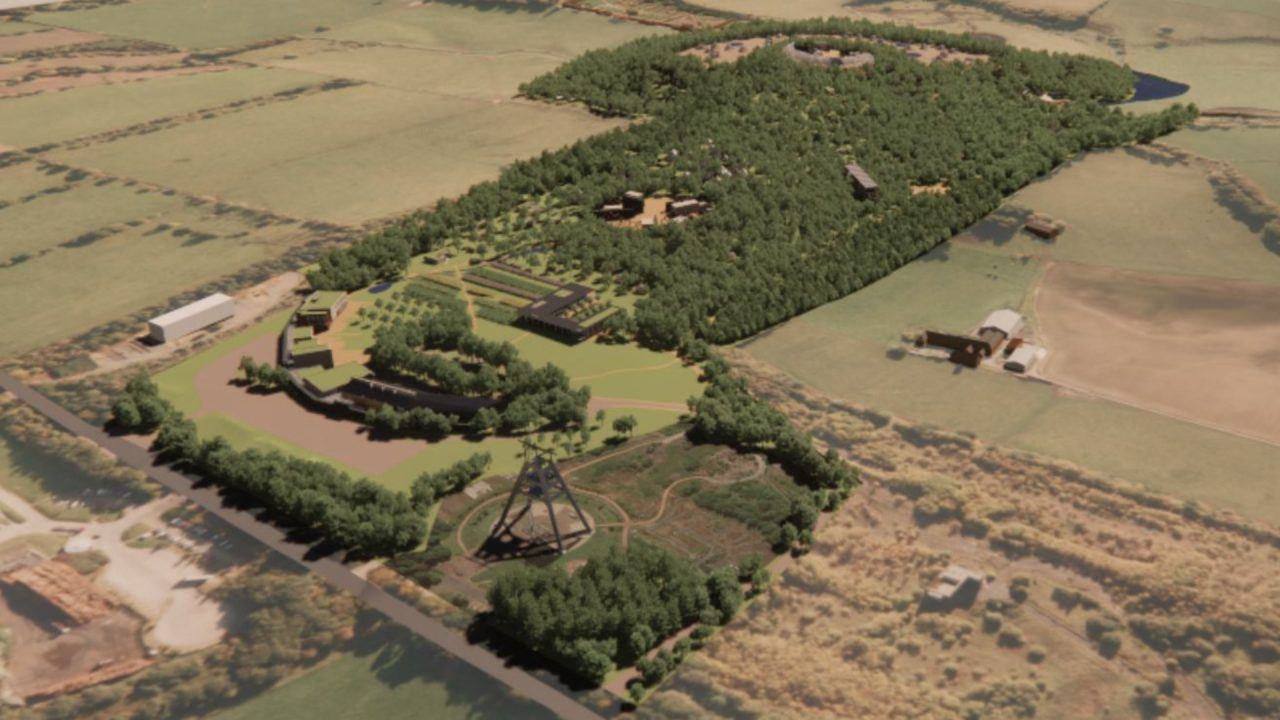 LDRS
LDRS

